Mayors Imagining the Just City
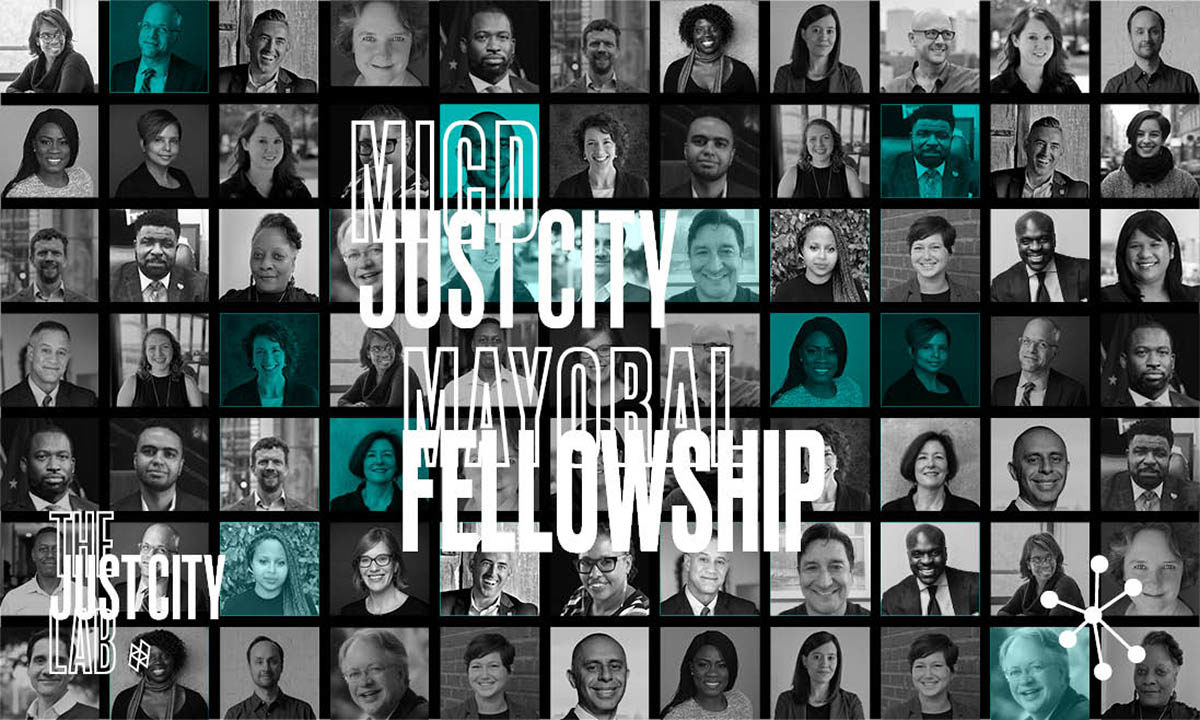
| Event Information |
|---|
| Starting Monday, April 4, members of the general public will once again be invited to attend GSD public programs in person. All attendees must be fully vaccinated, including a booster shot, and must present proof of vaccination at the security desk in the lobby of Gund Hall before entering an event. To expedite your check-in process, please email your proof of vaccination to [email protected].
All are also invited to watch and participate online in this program by tuning into this page at the noted start time. No pre-registration is required. Online audience members will be able to submit questions throughout the event using Vimeo’s Q&A function. |
Event Description
Concluding the second annual Mayors Institute on City Design (MICD) Just City Mayoral Fellowship–a collaboration between the MICD and Harvard GSD’s Just City Lab–the Fellows discuss strategies for using planning and design interventions to address racial injustice in each of their cities.
Schedule
1:00 pm
Opening remarks by Dean Sarah Whiting, Dr. Maria Rosario Jackson, and Trinity Simons
1:20 pm – 2:30 pm
PANEL 1:
JUST CITIES, INFRASTRUCTURES AND COMMUNITY-BUILDING
with Mayor Jamel Tito Brown, Mayor Jacob R. Day, Mayor Emily Larson, and Mayor John T. Tecklenburg
2:40 pm – 3:50 pm
PANEL 2:
JUST CITIES, INFRASTRUCTURES AND THE COLLEGE TOWN
with Mayor Jorge O. Elorza, Mayor Satya Rhodes-Conway, Mayor Levar M. Stoney, and Mayor Patrick L. Wojahn
3:50 pm
Closing remarks
Speakers
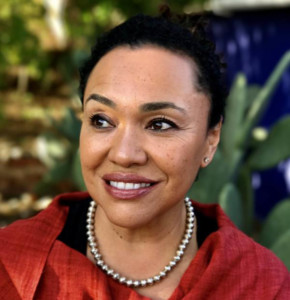 After confirmation by the U.S. Senate in December 2021, Dr. Maria Rosario Jackson became the 13th chair of the National Endowment for the Arts in January 2022. With this historic appointment, Dr. Jackson is the nation’s first NEA chair to be an African American and Mexican American woman. For more than 25 years, Dr. Jackson’s work has focused on understanding and elevating arts, culture, and design as critical elements of healthy communities. Her work blends social science and arts- and humanities-based approaches to comprehensive community revitalization, systems change, the dynamics of race and ethnicity, and the roles of arts and culture in communities.
After confirmation by the U.S. Senate in December 2021, Dr. Maria Rosario Jackson became the 13th chair of the National Endowment for the Arts in January 2022. With this historic appointment, Dr. Jackson is the nation’s first NEA chair to be an African American and Mexican American woman. For more than 25 years, Dr. Jackson’s work has focused on understanding and elevating arts, culture, and design as critical elements of healthy communities. Her work blends social science and arts- and humanities-based approaches to comprehensive community revitalization, systems change, the dynamics of race and ethnicity, and the roles of arts and culture in communities.
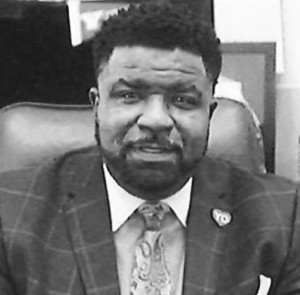 Jamael Tito Brown was elected the 51st Mayor of the City of Youngstown on November 7th, 2017. Formerly the Chief Deputy Treasurer overseeing day-to-day operations of the Mahoning County Treasurer’s office, Brown has also served as the Director of the Human Relations Commission for the City of Youngstown. The Mayor has been a Community Organizer for Youngstown State University Urban & Regional Studies Department and a Caseworker for Mahoning County Children Services Board.
Jamael Tito Brown was elected the 51st Mayor of the City of Youngstown on November 7th, 2017. Formerly the Chief Deputy Treasurer overseeing day-to-day operations of the Mahoning County Treasurer’s office, Brown has also served as the Director of the Human Relations Commission for the City of Youngstown. The Mayor has been a Community Organizer for Youngstown State University Urban & Regional Studies Department and a Caseworker for Mahoning County Children Services Board.
 Jake Day is the Mayor of Salisbury, Maryland. Born and raised in Salisbury, he was elected to the City Council at the age of 30 and unanimously elected President. First elected Mayor in 2015, he was reelected in 2019 with 86% of the vote. Under his leadership, Salisbury has become Maryland’s youngest City, host city to America’s oldest traditional arts festival: the National Folk Festival, and a leader in housing the homeless, providing mental health services, and results-oriented management. Jake is a veteran of the Global War on Terrorism and is currently a Major in the Army.
Jake Day is the Mayor of Salisbury, Maryland. Born and raised in Salisbury, he was elected to the City Council at the age of 30 and unanimously elected President. First elected Mayor in 2015, he was reelected in 2019 with 86% of the vote. Under his leadership, Salisbury has become Maryland’s youngest City, host city to America’s oldest traditional arts festival: the National Folk Festival, and a leader in housing the homeless, providing mental health services, and results-oriented management. Jake is a veteran of the Global War on Terrorism and is currently a Major in the Army.
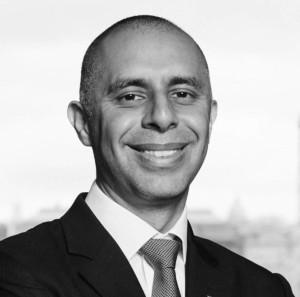 As Providence’s 38th Mayor, Jorge O. Elorza has strived to build a Providence that works for all of its residents. Since taking office in January 2015, Elorza has led with integrity, boldness, and long-term thinking prioritizing opportunities for youth, ensuring transparency in city government, improving city services and providing a sound financial future for the capital city. Born and raised in Providence, Mayor Elorza is a graduate of Classical High school, the University of Rhode Island, and Harvard Law School. Prior to being elected Mayor, he was a Legal Aid attorney, he served as a Providence Housing Court Judge, and he co-founded the Latino Policy Institute while he served as a professor at Roger Williams University School of Law.
As Providence’s 38th Mayor, Jorge O. Elorza has strived to build a Providence that works for all of its residents. Since taking office in January 2015, Elorza has led with integrity, boldness, and long-term thinking prioritizing opportunities for youth, ensuring transparency in city government, improving city services and providing a sound financial future for the capital city. Born and raised in Providence, Mayor Elorza is a graduate of Classical High school, the University of Rhode Island, and Harvard Law School. Prior to being elected Mayor, he was a Legal Aid attorney, he served as a Providence Housing Court Judge, and he co-founded the Latino Policy Institute while he served as a professor at Roger Williams University School of Law.
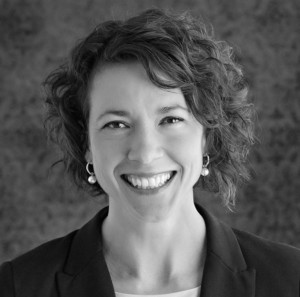 Emily Larson was elected Mayor of Duluth in November 2015 with 72% of the vote. Prior to becoming Mayor, Emily was President of the Duluth City Council, served as a commissioner on the Duluth Economic Development Authority and was the Council Conduit to Parks and Libraries. Currently, Mayor Larson serves as a member of the Young Women’s Initiative of Minnesota, and sits on the Greater Minnesota Housing Fund Board. As Mayor, her priorities include sustainable energy, increasing and improving our housing stock, addressing the opioid epidemic, developing a stable and reliable long-term streets funding plan, and continuing to grow Duluth’s robust and unique economy.
Emily Larson was elected Mayor of Duluth in November 2015 with 72% of the vote. Prior to becoming Mayor, Emily was President of the Duluth City Council, served as a commissioner on the Duluth Economic Development Authority and was the Council Conduit to Parks and Libraries. Currently, Mayor Larson serves as a member of the Young Women’s Initiative of Minnesota, and sits on the Greater Minnesota Housing Fund Board. As Mayor, her priorities include sustainable energy, increasing and improving our housing stock, addressing the opioid epidemic, developing a stable and reliable long-term streets funding plan, and continuing to grow Duluth’s robust and unique economy.
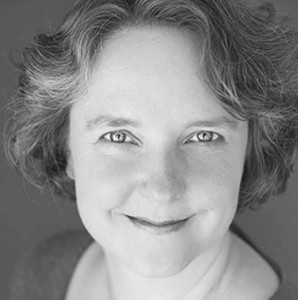 Satya Rhodes-Conway is the 58th Mayor of Madison. Her administration is focused on affordable housing, rapid transit, climate change and racial equity. She has extensive experience in local policy and practice, having worked with mayors across the country for over a decade, and having served three terms on the Madison Common Council. Elected in 2019, she is the city’s second female mayor and the first out LGBTQ person to serve as Mayor of Madison.
Satya Rhodes-Conway is the 58th Mayor of Madison. Her administration is focused on affordable housing, rapid transit, climate change and racial equity. She has extensive experience in local policy and practice, having worked with mayors across the country for over a decade, and having served three terms on the Madison Common Council. Elected in 2019, she is the city’s second female mayor and the first out LGBTQ person to serve as Mayor of Madison.
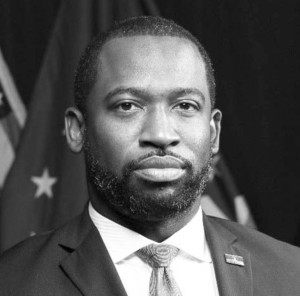 Levar M. Stoney made history in 2016 as the youngest mayor ever elected to serve the City of Richmond. Mayor Stoney grew up in Hampton Roads, Virginia and was the first in his family to graduate high school and college. Since graduating from James Madison University, he has devoted his career to leadership and public service. He served as the Executive Director of the Democratic Party of Virginia and the first African-American Secretary of the Commonwealth, the leader of the commonwealth’s oldest, most public-facing office. As secretary, he was the driving force behind the restoration of civil and voting rights for returning citizens.
Levar M. Stoney made history in 2016 as the youngest mayor ever elected to serve the City of Richmond. Mayor Stoney grew up in Hampton Roads, Virginia and was the first in his family to graduate high school and college. Since graduating from James Madison University, he has devoted his career to leadership and public service. He served as the Executive Director of the Democratic Party of Virginia and the first African-American Secretary of the Commonwealth, the leader of the commonwealth’s oldest, most public-facing office. As secretary, he was the driving force behind the restoration of civil and voting rights for returning citizens.
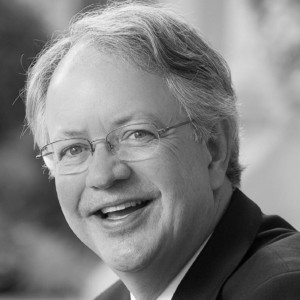 Charleston Mayor John Tecklenburg spent much of his career as a businessman and entrepreneur—a family legacy that began with the opening of his great-great-grandfather’s corner grocery store at St. Phillip and Wentworth streets in 1867. Mayor Tecklenburg founded Southern Oil Company in 1978, which he successfully owned and operated for nearly 20 years. Upon selling the business, he was appointed to serve as Director of Economic Development for the City of Charleston, where he helped lead the revitalization of Upper King Street. Mayor Tecklenburg has also led initiatives to address housing affordability and homelessness in Charleston.
Charleston Mayor John Tecklenburg spent much of his career as a businessman and entrepreneur—a family legacy that began with the opening of his great-great-grandfather’s corner grocery store at St. Phillip and Wentworth streets in 1867. Mayor Tecklenburg founded Southern Oil Company in 1978, which he successfully owned and operated for nearly 20 years. Upon selling the business, he was appointed to serve as Director of Economic Development for the City of Charleston, where he helped lead the revitalization of Upper King Street. Mayor Tecklenburg has also led initiatives to address housing affordability and homelessness in Charleston.
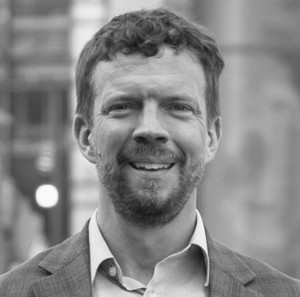 Patrick Wojahn is Mayor of College Park and also works an advocate for trails and safe bicycle and pedestrian networks as Director of Government Relations at Rails-to-Trails Conservancy. Previously, Patrick worked as a policy and legal advocate for the rights of people with disabilities and for people living with HIV/AIDS in the DC metro area. Patrick has served as Chair of the National Capital Region Transportation Planning Board, Vice Chair for City Livability and Bicycling with the US Conference of Mayors and on the Boards of Directors of the National League of Cities, College Park Community Foundation and Equality Maryland. As mayor, Patrick has focused on racial equity and diversity, including hiring the city’s first Racial Equity Officer.
Patrick Wojahn is Mayor of College Park and also works an advocate for trails and safe bicycle and pedestrian networks as Director of Government Relations at Rails-to-Trails Conservancy. Previously, Patrick worked as a policy and legal advocate for the rights of people with disabilities and for people living with HIV/AIDS in the DC metro area. Patrick has served as Chair of the National Capital Region Transportation Planning Board, Vice Chair for City Livability and Bicycling with the US Conference of Mayors and on the Boards of Directors of the National League of Cities, College Park Community Foundation and Equality Maryland. As mayor, Patrick has focused on racial equity and diversity, including hiring the city’s first Racial Equity Officer.
Moderator
 Toni L. Griffin is Professor in Practice of Urban Planning and the founder of Urban Planning and Design for the American City, based in New York. Through the practice, Toni served as Project Director the long range planning initiative of the Detroit Work Project, and in 2013 completed and released Detroit Future City, a comprehensive citywide framework plan for urban transformation. Most recent clients include working with the cities of Memphis, Milwaukee and Pittsburgh.
Toni L. Griffin is Professor in Practice of Urban Planning and the founder of Urban Planning and Design for the American City, based in New York. Through the practice, Toni served as Project Director the long range planning initiative of the Detroit Work Project, and in 2013 completed and released Detroit Future City, a comprehensive citywide framework plan for urban transformation. Most recent clients include working with the cities of Memphis, Milwaukee and Pittsburgh.
Ms. Griffin was recently a Professor of Architecture and the founding Director of the J. Max Bond Center on Design for the Just City at the Spitzer School of Architecture at the City College of New York. Founded in 2011, the Bond Center is dedicated to the advancement of design practice, education, research and advocacy in ways that build and sustain resilient and just communities, cities and regions. Currently the Center is focused on several design research initiatives including the Legacy City Design Initiative, that explores innovative design solutions for cities that have lost greater than 20% population lost since their peak; “Just City Design Indicators Project” that seeks to define the core values of a just city and offer a performance measure tool to assist cities and communities with evaluating how design facilitates urban justice in the built environment; and “Inclusion in Architecture” that examines the participation of people of color in architecture and related design fields. (Read more)
Partners

The Mayors’ Institute on City Design (MICD) is a leadership initiative of the National Endowment for the Arts in partnership with the United States Conference of Mayors. Since 1986, the Mayors’ Institute has helped transform communities through design by preparing mayors to be the chief urban designers of their cities.

The National Endowment for the Arts (NEA) is the independent federal agency, established by Congress in 1965, whose funding and support gives Americans the opportunity to participate in the arts, exercise their imaginations, and develop their creative capacities. Through partnerships with state arts agencies, local leaders, other federal agencies, and the philanthropic sector, the NEA supports arts learning, affirms and celebrates America’s rich and diverse cultural heritage, and extends its work to promote equal access to the arts in every community across America.

The United States Conference of Mayors (USCM) is the official nonpartisan organization of cities with populations of 30,000 or more. USCM promotes effective national urban/suburban policy, strengthens federal/city relationships, ensures that federal policy meets urban needs, provides mayors with leadership and management tools, and creates a forum in which mayors can share ideas and information.

At the Just City Lab, we ask: Would we design better places if we put the values of equality, inclusion or equity first? If a community articulated what it stood for, what it believed in, what it aspired to be — as a city, as a neighborhood — would it have a better chance of creating and sustaining more healthy, vibrant place with positive, economic, health, civic, cultural and environmental conditions? Imagine that the issues of race, income, education and unemployment inequality, and the resulting segregation, isolation and fear, could be addressed by planning and designing for greater access, agency, ownership, beauty, diversity or empowerment. Now imagine the Just City: the cities, neighborhoods and public spaces that thrive using a value-based approach to urban stabilization, revitalization and transformation. Imagine a set of values that would define a community’s aspiration for the Just City. Imagine we can assign metrics to measure design’s impact on justice. Imagine we can use these findings to deploy interventions that minimize conditions of injustice.
Harvard University welcomes individuals with disabilities to participate in its programs and activities. If you would like to request accommodations or have questions about the physical access provided, please contact the Public Programs Office at (617) 496-2414 or [email protected] in advance of your participation or visit. Requests for American Sign Language interpreters and/or CART providers should be made at least two weeks in advance. Please note that the University will make every effort to secure services, but that services are subject to availability.
#GSDEVENTS